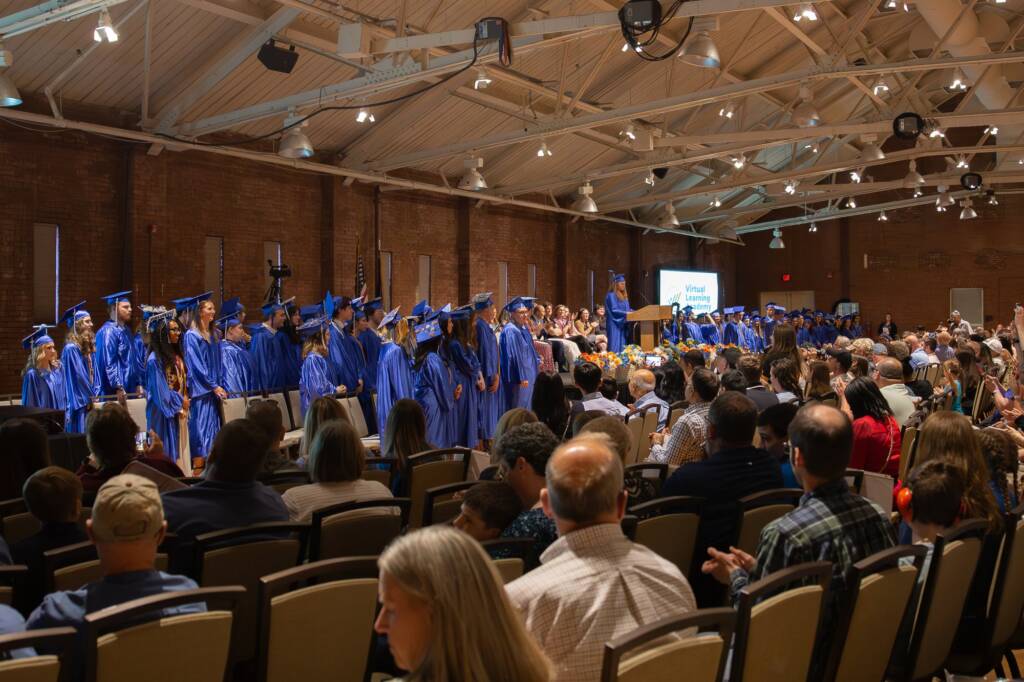What did we do before Google? Before the internet? Before we could find a near-instantaneous answer to nearly any question?
Believe it or not, people had the same weird questions and the same need for information before Google. They just had to find answers in different ways. Often that meant time in local libraries, referencing outdated encyclopedia sets, and asking questions of experts, either on the phone or in-person. Today, the internet brings that experience (and those experts) to you with a tap or a swipe, nearly anywhere. Thanks to the internet, we can find the answers to just about any question, any time, any place, with nearly any device, including those questions that educators ask on their assessments.
While the advent of the internet and search engines has opened previously unimagined doorways to information and democratized learning, it’s also created new academic challenges, like finding ways to manage academic integrity that educates students, rather than punishes them. Today’s students need guidance and support on accessing and using all the information at their fingertips responsibly and ethically.
For many students, the internet has blurred the lines between cheating and research”
The question? What do we do about it when information is abundant, easily accessible, and nearly everywhere? How do we convince our students, most of whom are digital natives, that academic integrity is important when all they’ve ever known is going to Google to find whatever answer to whatever question they have at the moment?
Part of the answer lies in how we handled academic integrity before the internet.
A Trip Down Memory Lane
Before Generation Z–those born before 1995–the digital world often referred to watches, calculators, and alarm clocks, and less that of smartphones, computers, and the world wide web, which didn’t go live until 1991 and wasn’t a household name until the mid-90s. For high school students up to the mid-1990s, academic integrity infractions often included only those resources that were geographically within reach, like their school and town libraries. While educators worked hard to teach students what good research looked like and encouraged positive study habits, many kids either struggled with academic integrity or downright ignored it. Addressing an academic integrity issue usually involved the student, teacher, and school librarian and there was often a paper trail available for evidence.
Ideally, teachers would leverage their positive relationships with students to coach them to make the right choices when it came to honesty and learning.
Even when teachers tried to strengthen relationships with students to help them understand what academic integrity means, the consequences were often punitive and students most often only remembered the consequence and not the “what” and “why” of academic integrity.
To this day, there’s still confusion and the element of “gotcha” as opposed to true understanding.
Cheating or Confusion?
While students sometimes simply plagiarized–copied large passages from encyclopedias and other resources and passed them off as their own– many students simply misunderstood how to synthesize their research and use it appropriately in their work.
The difference between now and then? Their research was exclusively analog–physical books, articles, magazines, and other reference materials–, resources that were at their most immediate reach. Schools had stringent policies to manage these academic integrity infractions. The good ones ensured that students learned from their mistakes and valued academic integrity as a life skill for their futures.
Schools still have those stringent policies, but the infractions look different. Let’s take a closer look at the world of academic integrity through a 21st-century lens.
Welcome to the 21st Century
Here’s the good news: teaching students about academic integrity is still about establishing positive relationships. Instead of teachers and administrators calling out students who cheated, many use the moment as an opportunity to teach students how to use the internet effectively to do research and complete assignments. It’s not easy.
Gone are the not-so-blissful days of passing a crib sheet back and forth. Welcome to the ability to download entire papers, google the answers to the homework questions, download all previous iterations of every test from a course, copy and paste with abandon, and pass it off as your own. Students trade in the currency of information.
As James Gleick, American author and renowned science historian warned us in The Information: A History, a Theory, a Flood, “When information is cheap, attention becomes expensive.” There’s so much information out there, it’s difficult and expensive to keep track of it all–where it comes from, to whom it goes, and where it travels. Not only is it hard–in the 21st century, it’s nearly impossible.
Where does this leave us when it comes to academic integrity? A not-so-comfy perch.
While students use their digital environments to enhance and otherwise deepen their educational opportunities, they can also use them to cheat–and many do, with gusto.
That’s where relationships come in, sprinkled with a bit of hope.
21st Century Learning and Relationships
In this century, students are used to working on project-based learning initiatives in groups and communicating across a spectrum of platforms. Their use of technology in this process is organic. They don’t think twice about reaching for an iPad, a mobile device, or a computer.
Teachers have adapted to the changing landscape of student learning by designing lessons and assignments that encourage less rote memorization and more applications of concepts, critical thinking, creative solutions, and collaboration.
Any effective teacher, in the traditional classroom or otherwise, first needs to develop an atmosphere of trust, respect, and learning to accomplish their goals–that hasn’t changed from the 20th century.
The hope? That is the daily deluge of information in which students swim and swipe and tap, they understand that honesty and integrity are the cornerstones of not of a supporting academic integrity policy, but the cornerstones for living fulfilling lives in which they can make positive contributions to the world and generations to come.



